Non-fiction books have the power to shape our understanding of the world, spark social movements, and inspire profound change. These ten influential books have made a significant impact on society, politics, and culture, leaving an indelible mark on history. If you want to explore the ideas that have transformed the world, these books are essential reads.
“Silent Spring” by Rachel Carson
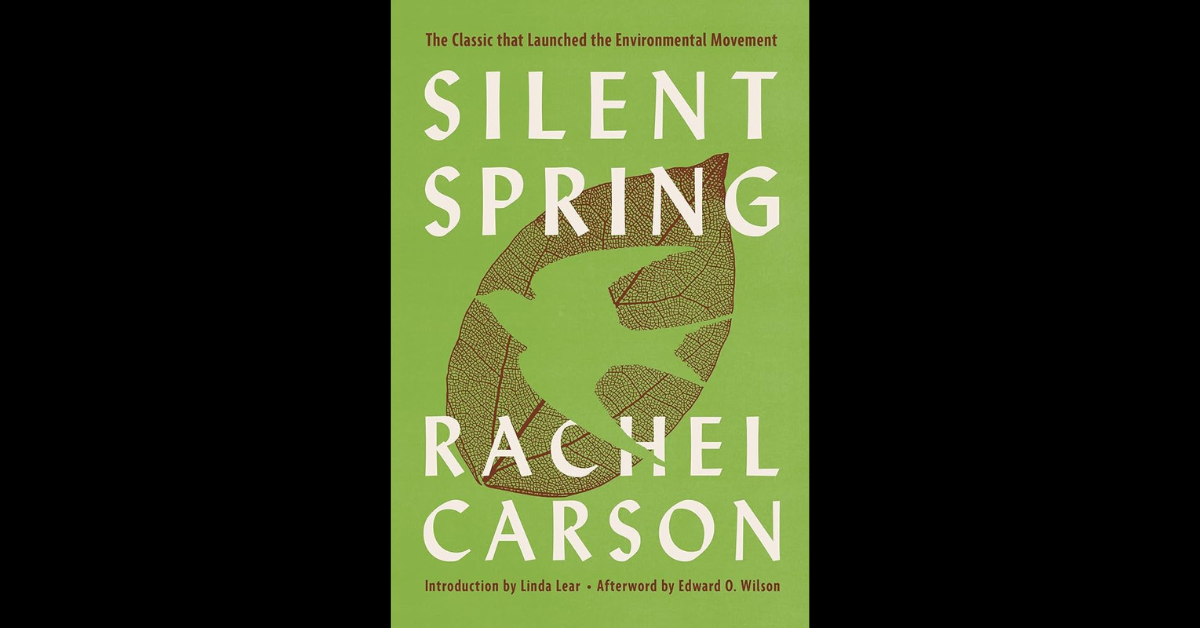
Published in 1962, “Silent Spring” is often credited with launching the modern environmental movement. Rachel Carson’s meticulously researched exposé on the dangers of pesticides, particularly DDT, raised public awareness about the environmental and health impacts of chemical pollutants. Her work led to policy changes and the eventual ban on DDT in the United States, highlighting the importance of environmental stewardship.
“The Diary of a Young Girl” by Anne Frank

Anne Frank’s poignant diary, written while she was in hiding during the Nazi occupation of the Netherlands, offers a deeply personal perspective on the horrors of the Holocaust. Published posthumously, her account has educated millions about the human cost of intolerance and persecution, serving as a powerful reminder of the resilience of the human spirit in the face of unimaginable adversity.
“A Brief History of Time” by Stephen Hawking
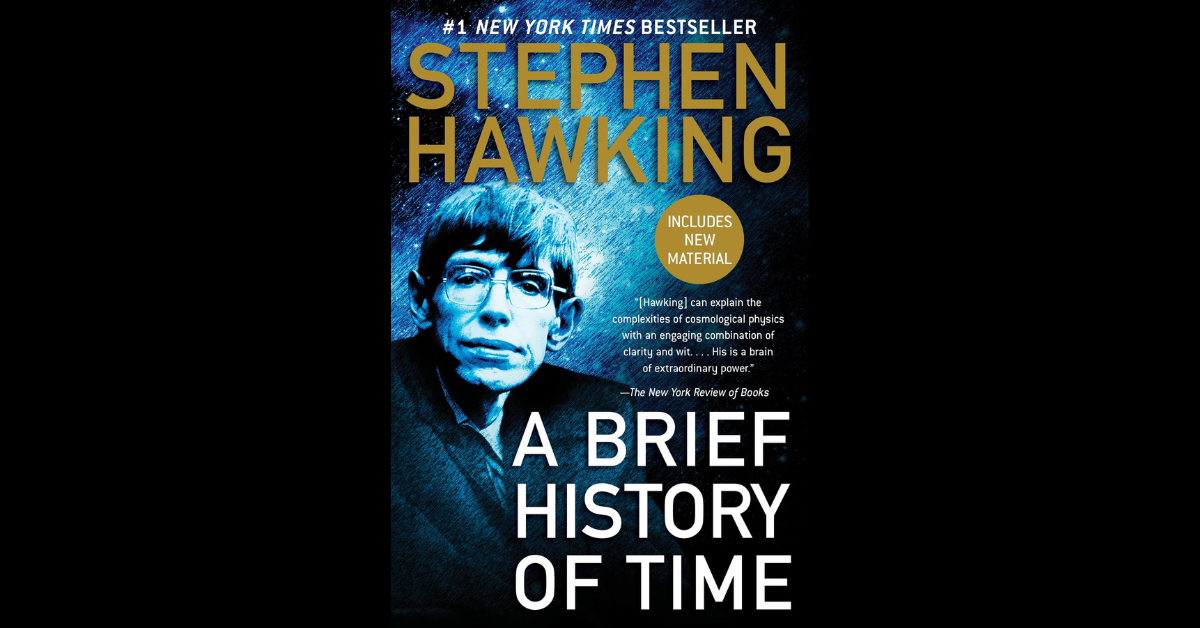
Stephen Hawking’s groundbreaking work made complex scientific concepts accessible to the general public. “A Brief History of Time” explores the nature of the universe, black holes, and the Big Bang theory, challenging readers to ponder the origins and fate of the cosmos. Hawking’s ability to explain intricate theories in a comprehensible manner has inspired countless individuals to take an interest in cosmology and physics.
“The Feminine Mystique” by Betty Friedan
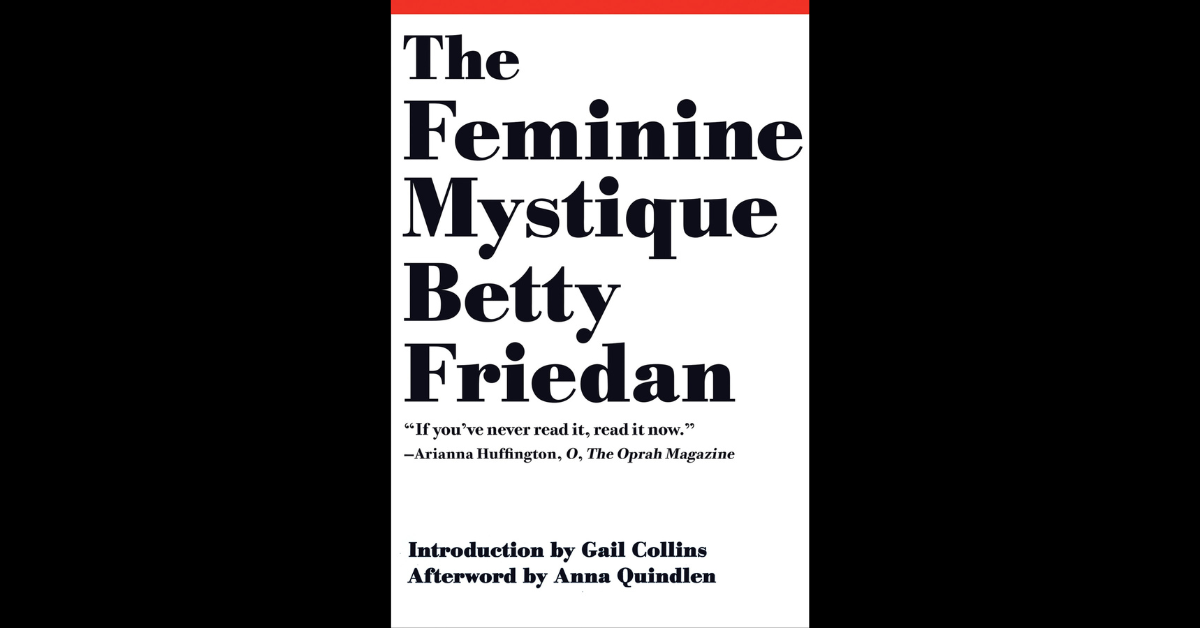
Betty Friedan’s “The Feminine Mystique,” published in 1963, ignited the second wave of feminism in the United States. By examining the dissatisfaction of many suburban housewives, Friedan challenged traditional gender roles and advocated for women’s rights to education, employment, and personal fulfillment. Her work spurred significant social changes and advancements in women’s rights and equality.
“The Communist Manifesto” by Karl Marx and Friedrich Engels
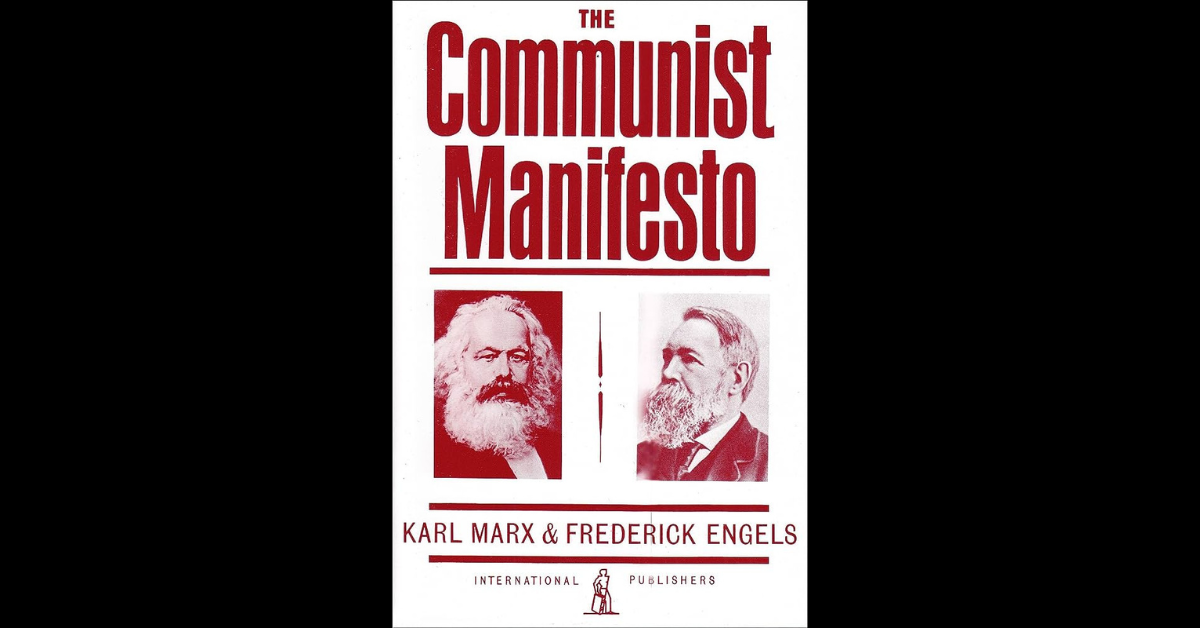
Written in 1848, “The Communist Manifesto” by Karl Marx and Friedrich Engels laid the foundation for modern socialism and communism. The manifesto’s critique of capitalism and its call for proletarian revolution influenced political movements worldwide, shaping the course of history in the 19th and 20th centuries. Its impact on political thought and revolutionary activities continues to be felt today.
“The Origin of Species” by Charles Darwin
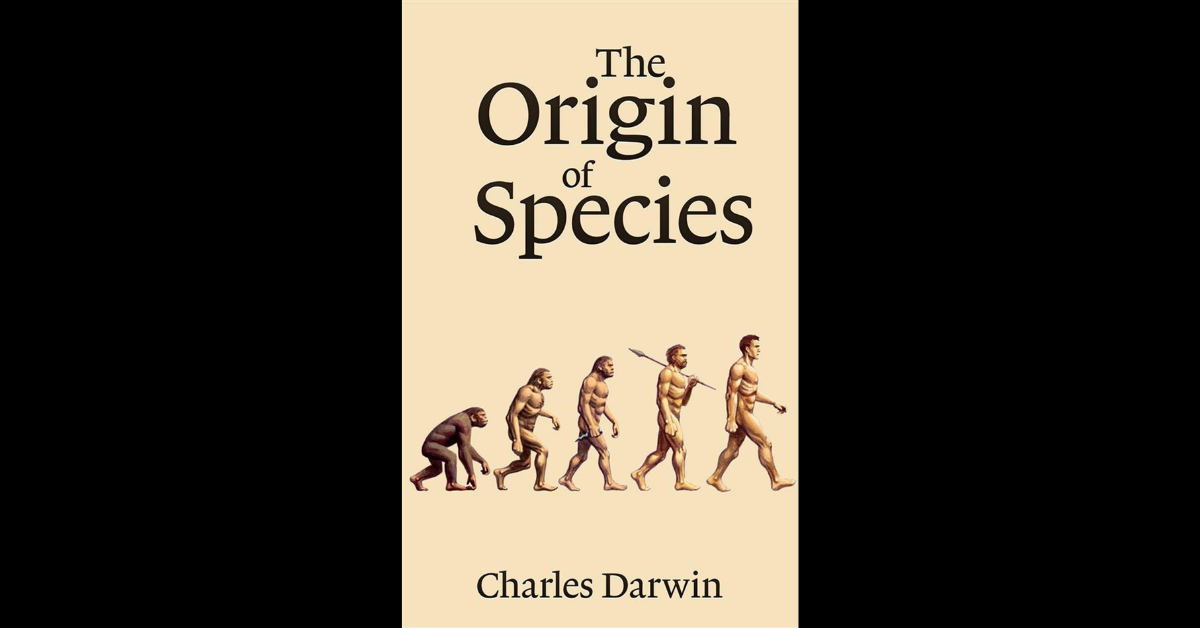
Charles Darwin’s “The Origin of Species,” published in 1859, introduced the theory of evolution by natural selection. This seminal work challenged established beliefs about the creation of life and provided a scientific explanation for the diversity of species. Darwin’s theory revolutionized biology, influencing a wide range of scientific disciplines and profoundly altering humanity’s understanding of its place in the natural world.
“The Second Sex” by Simone de Beauvoir
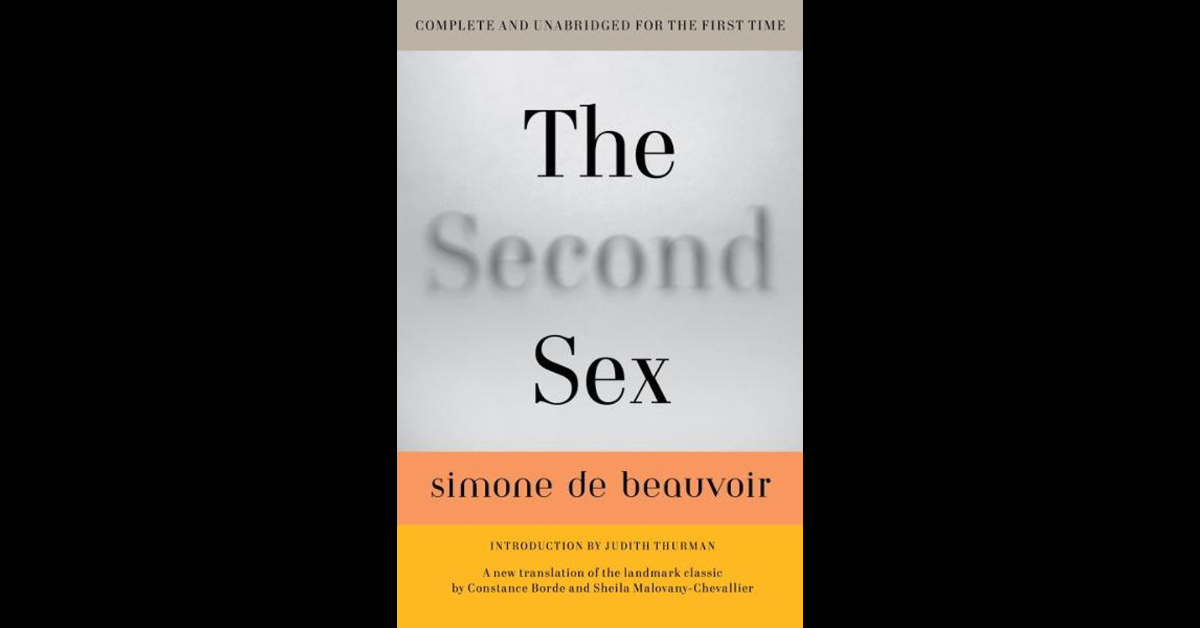
In “The Second Sex,” published in 1949, Simone de Beauvoir explores the history and nature of women’s oppression. Her existentialist analysis of gender and her argument that “one is not born, but rather becomes, a woman” have had a lasting impact on feminist theory and gender studies. De Beauvoir’s work continues to inspire debates and discussions about gender equality and women’s rights.
“The Souls of Black Folk” by W.E.B. Du Bois
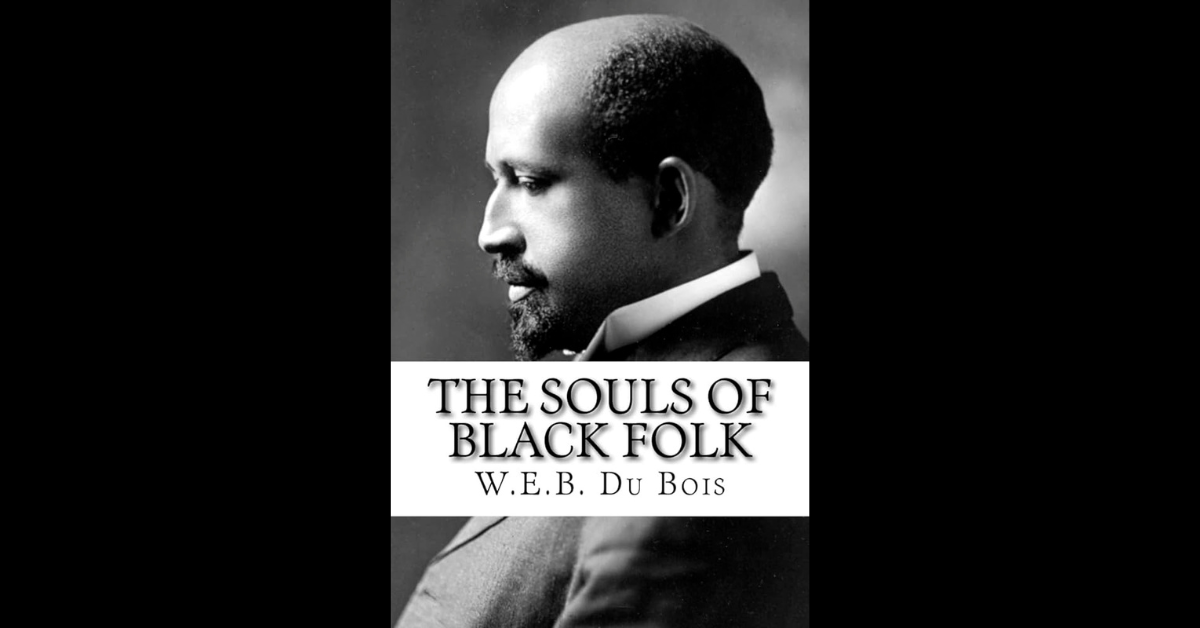
Published in 1903, “The Souls of Black Folk” is a seminal work in African American literature and sociology. W.E.B. Du Bois explores the experiences of African Americans in post-Reconstruction America, addressing issues of race, identity, and inequality. His concept of “double consciousness” has been influential in understanding the complexities of racial identity and the struggle for civil rights.
“Sapiens: A Brief History of Humankind” by Yuval Noah Harari
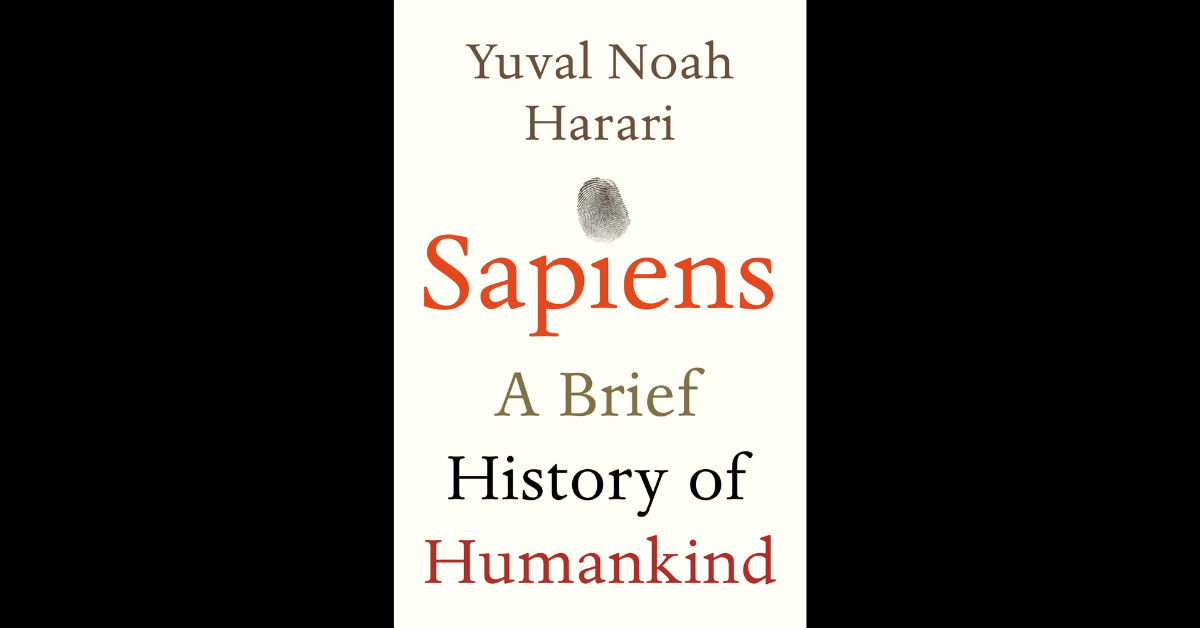
Yuval Noah Harari’s “Sapiens” provides a sweeping narrative of human history, from the emergence of Homo sapiens to the present day. By examining the cognitive, agricultural, and scientific revolutions, Harari offers insights into how humans have shaped their societies and environments. His thought-provoking analysis challenges readers to reconsider their understanding of history, culture, and the future of humanity.
“I Know Why the Caged Bird Sings” by Maya Angelou
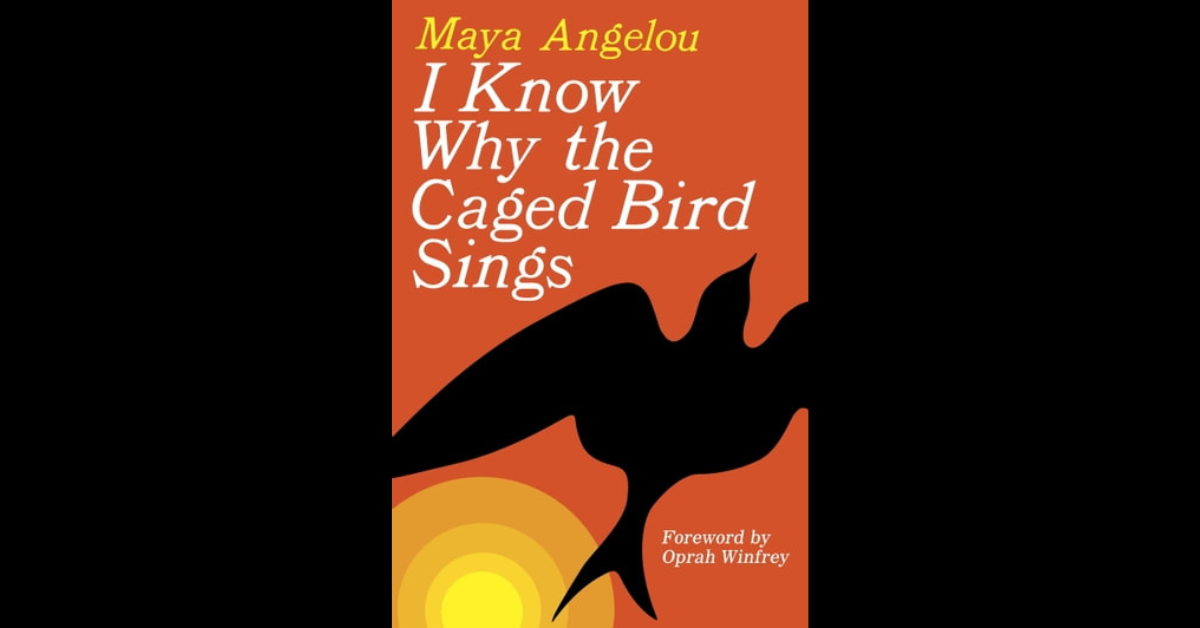
Maya Angelou’s powerful autobiography, “I Know Why the Caged Bird Sings,” recounts her early life and the challenges she faced growing up as a Black girl in the segregated South. Her eloquent prose and unflinching honesty address themes of racism, trauma, and resilience. Angelou’s work has inspired generations of readers and continues to be a touchstone in discussions of race, identity, and personal empowerment.




















